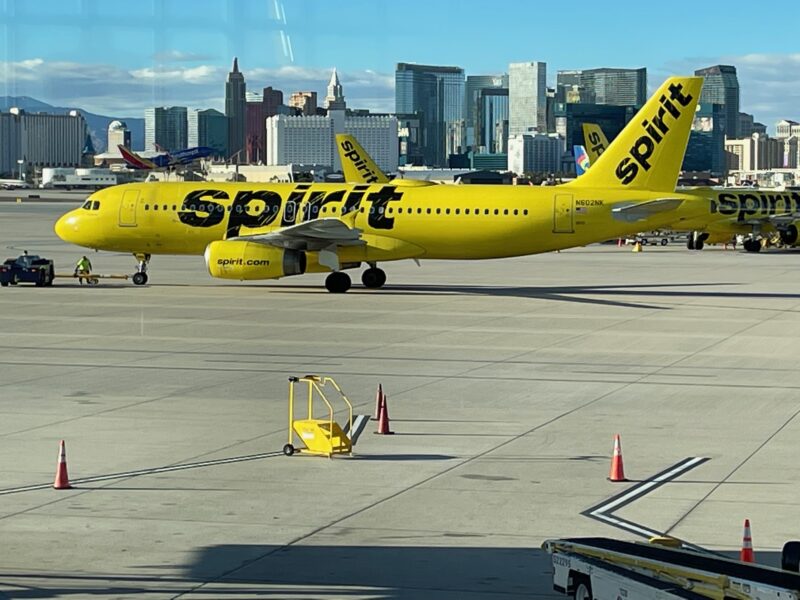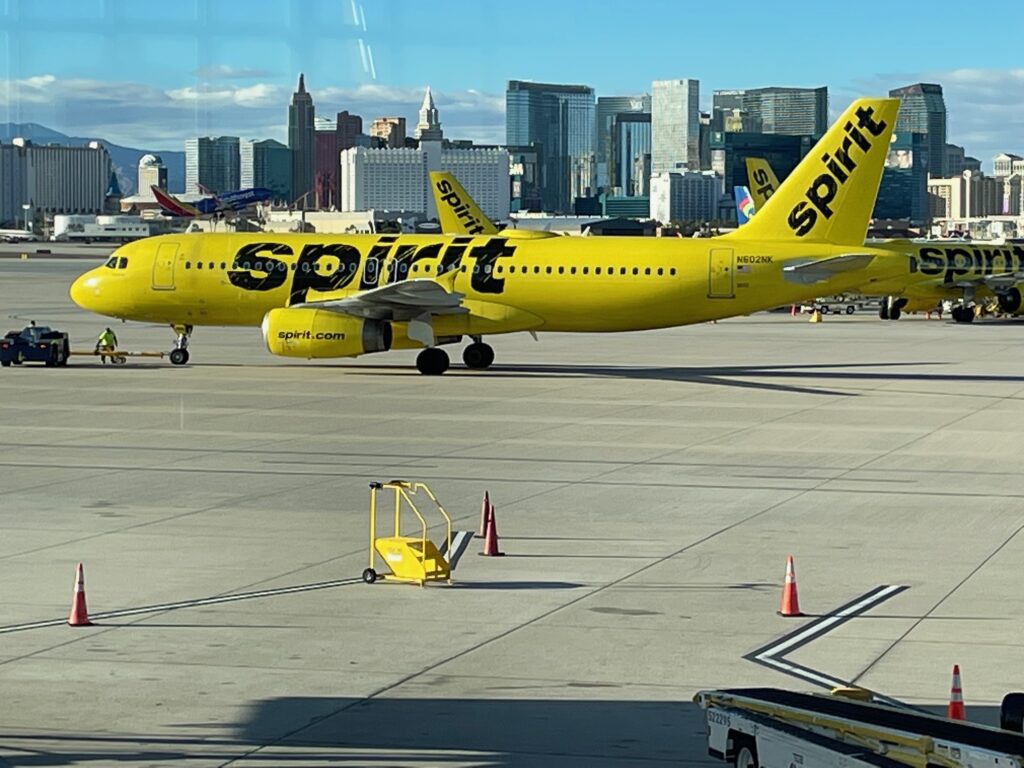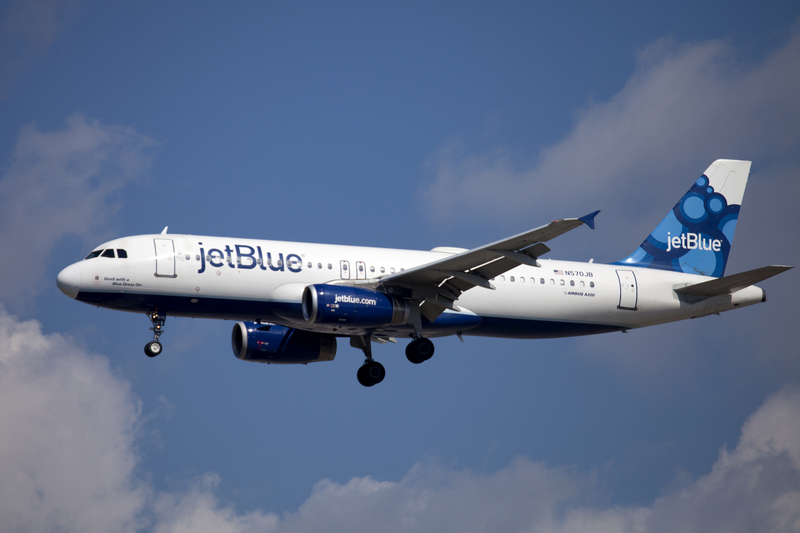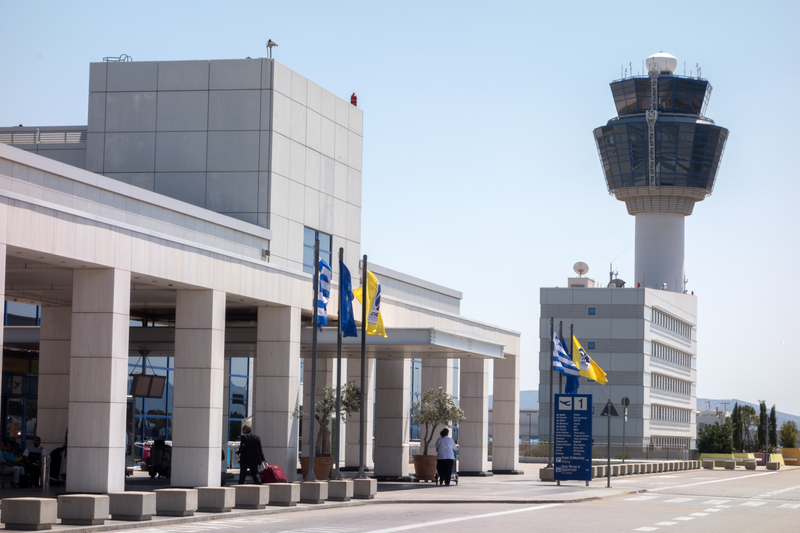Spirit Airlines Prepares for Bankruptcy Filing Amid Ongoing Financial Woes

Image Provided by John Cushma
Spirit Airlines Prepares for Bankruptcy Filing as Financial Troubles Mount
Spirit Airlines, the well-known ultra-low-cost carrier, is reportedly preparing to file for bankruptcy as it faces growing financial challenges. Despite efforts to cut costs and stabilize its operations, the airline continues to struggle with rising operational expenses and increased competition from larger carriers.
Financial Struggles Leading to Bankruptcy
Spirit Airlines has been grappling with declining passenger numbers, higher fuel costs, and stiff competition in the budget travel market, contributing to its precarious financial position. While Spirit made several attempts to mitigate its financial troubles, including streamlining operations and cutting unprofitable routes, these measures have not been sufficient to stave off the looming bankruptcy.
In addition to operational challenges, Spirit’s decision to invest in fleet expansion and new routes prior to the pandemic has left the airline burdened with significant debt. The rise in fuel prices and labor costs, compounded by fierce competition from low-cost competitors like Southwest Airlines and the post-pandemic recovery of major carriers, has further exacerbated Spirit’s financial woes.
Impact on Operations
As Spirit Airlines prepares for bankruptcy, passengers and employees are concerned about potential disruptions. While the airline has not yet confirmed any specific changes to its flight schedules, bankruptcy proceedings could lead to cancellations, route reductions, or even layoffs. Spirit’s leadership is likely to restructure the airline’s operations during the bankruptcy process in an effort to recover financially.
Industry experts speculate that Spirit may continue operating during bankruptcy, using the legal process to restructure its debts and negotiate with creditors. Similar to other airlines that have previously filed for bankruptcy, Spirit may seek to emerge as a leaner and more competitive carrier.
Industry Implications
Spirit’s potential bankruptcy filing signals broader challenges in the ultra-low-cost carrier (ULCC) segment, which has been hit hard by rising fuel prices, labor shortages, and increased competition. Spirit’s financial difficulties come at a time when JetBlue’s acquisition of Spirit has faced regulatory scrutiny, further complicating the airline’s situation. The deal, which was expected to reshape the U.S. budget airline market, remains in limbo as Spirit navigates its financial crisis.
Bottom line
Spirit Airlines’ impending bankruptcy filing underscores the challenges faced by ultra-low-cost carriers in a competitive and volatile market. As Spirit navigates this difficult phase, passengers and employees may experience uncertainty, but the airline will likely work through the bankruptcy process in an effort to restructure and regain financial stability.




